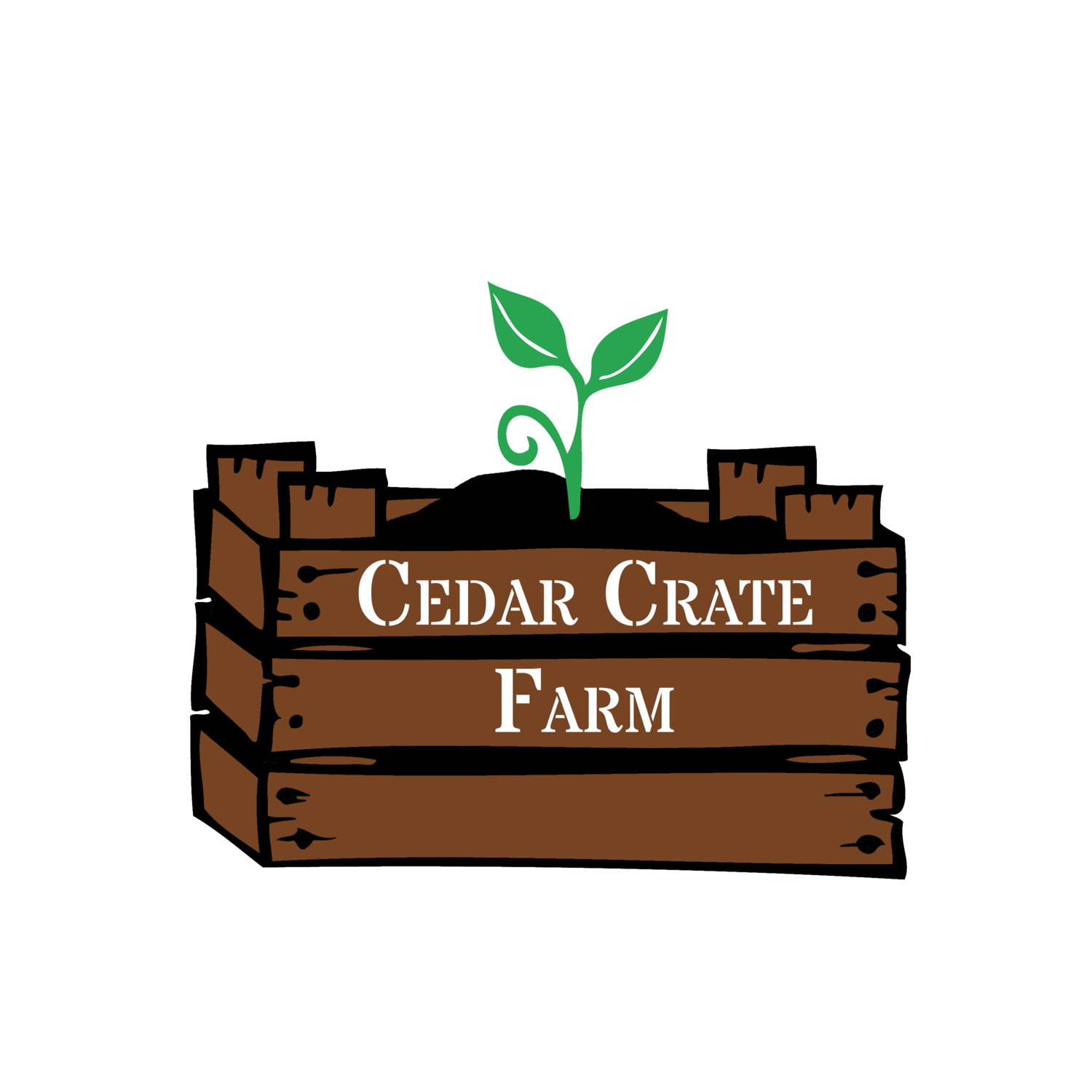What'd we learn at MOSES 2019?
Lara and I attended MOSES 2019 in La Crosse, WI this weekend. For those who are unfamiliar, MOSES (midwest organic and sustainable education service) is an organization that promotes organic and sustainable farming and hosts the largest organic farming conference in the United States. The conference is huge, with well over 3000 attendees, tons of presentations from farmers, scientists, PhD students and more as well as film screenings, research presentations and round table discussions. It’s sometimes hard to choose what to do at the conference because there are so many good options! We attended talks on subjects ranging from managing tomato diseases to pasture raised pork to stress management. In this blog post we’ll go through some of our big takeaways.
Soil
I attended several talks on soil - it’s the foundation of everything we do - so I like to prioritize learning more about soil as much as I can. One big take away is scientists have a very small understanding of how soil works. In one acre of soil there is the biomass equivalent of 8.4 cows in things like bacteria, fungi, worms and other living creatures. Of that biomass scientists have only documented and named about 20% of those creatures. What does this mean for the farm? For us, limited understanding makes it hard to trust anyone that says x is the thing to do for your soil. Instead, we will try to mimic nature as closely as possible; this is what most agronomists would suggest. This includes using mixtures of cover crops to simulate the diverse species of plants you see in nature. Applying animal manures and compost to mimic the natural way animals fertilize soil and we will try to minimize tillage as much as possible. Lara also attended an introduction to soils class and found the current research continues to support the practices we are using.
Tomato Diseases
The big take away here is that we really need to invest more in caterpillar tunnels and high tunnels. We can reduce occurrences of tomato disease considerably which will increase our yields considerably. We’ve held off on investing in this infrastructure until we move to the land where the majority of our veggies are located. We’re making progress on this! We purchased a small caterpillar tunnel this season for use at our home (though we’re using it for lettuce production instead of tomato production). Other things we can do for our field tomatoes include things we’ve already been doing - crop rotations, pruning, laying mulch down, and applying organic copper at regular intervals to slow the spread of disease on a regular schedule.
Pasture Raised Hogs
I (Lara) have always had a great interest in livestock. Convincing Dan to raise chickens has proven to be a great way to diversify our CSA and get free nitrogen rich manure! There are some great benefits to be gained were we to raise pigs. First, we would be able to sell high quality meat to our customers adding economic benefit to our farm and diversifying the CSA. Second, we would get free pig manure to enrich our soil. We would also get some low grade free tillage on our land as the pigs have a tendency to literally "root” around! They love eating plant roots high in sugar and will turn up soil in the process. Dan and I are interested in farming on a closed loop system which means anything that comes from the farm goes back into the farm - we wouldn’t have to pay so much to purchase outside fertilizers. In addition we want to farm in a way that mimics the natural symbiotic relationship of plants and animals. There is also the bonus of pig companionship! They are smart creatures with funny personalities. We are excited to invest in pigs in the next couple years!
Stress Management
Lara attended a short session on women managing stress in agriculture. The tips provided in the session are applicable to all humans working in agriculture. Farming has one of the highest rates of suicide in the nation; many factors contribute: low wages, debt, isolation, intense labor. One way to manage the stress of the job is to plan vacations where you can focus on slowing down and resting your body and mind. Dan and I always take a one week vacation mid-season. It keeps us healthy! Other suggestions included making time for your hobbies, eating healthy, and taking care of your body (your greatest tool in farm work). The key message is farming will be stressful and having a plan to mitigate the stress will ensure a successful long term business.
What does this mean for you?
Better produce, more options for your CSA, healthy farmers, and healthy land! The things we learn at the conference are things that directly affect you. We apply the techniques and recommendations we learn to get better at producing healthy, great tasting produce and animals that will nourish you and your family. There are always things that we can do better and we always try to learn the best techniques to ensure everything we grow for you and your family is healthy, delicious and sustainable!




